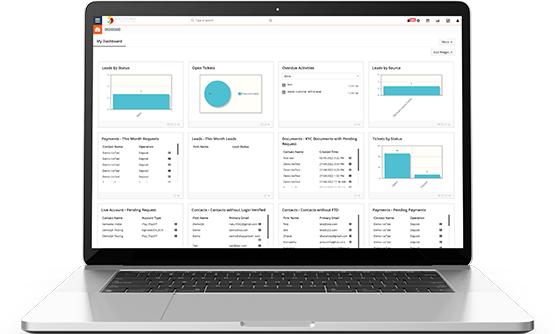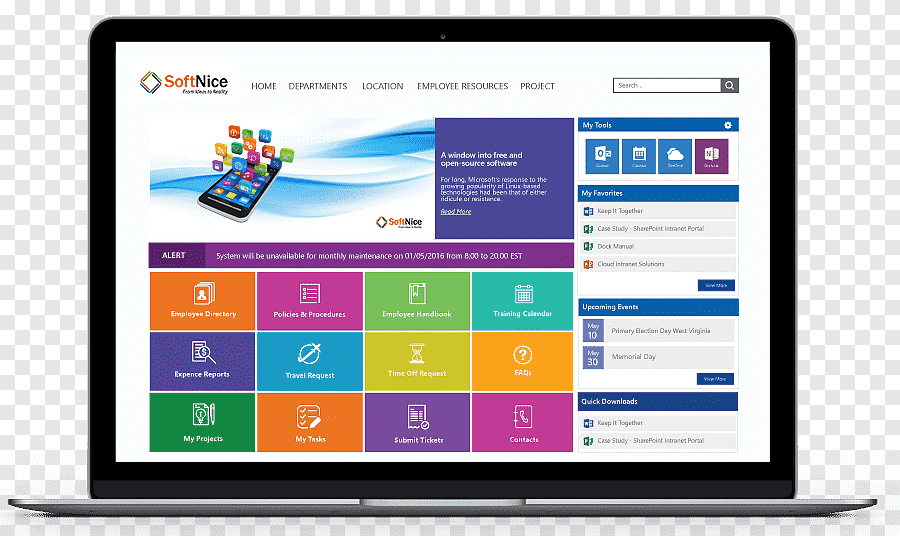Revolutionizing Brokerage Operations: The Strategic Edge of a Forex CRM

In the highly competitive world of Forex, stock, and commodity trading, profitability isn’t just about offering the best spreads or execution speeds. It’s about building a business that operates efficiently, retains clients, and scales with ease. A core component in achieving this is a specialized Forex CRM for brokers. More than a simple contact management system, a robust Forex CRM is the central nervous system of a brokerage, automating critical functions and providing invaluable insights that directly impact the bottom line. It’s the difference between merely surviving and truly succeeding.
The Foundation of Brokerage Efficiency
At its heart, a Forex CRM is designed to streamline and automate the entire client lifecycle, from initial lead to loyal, long-term trader. This starts with lead management. Brokerages receive thousands of inquiries daily from various sources: landing pages, social media, and third-party affiliates. Without a dedicated system, tracking and nurturing these leads becomes a logistical nightmare, leading to missed opportunities and wasted marketing spend.
A sophisticated Forex CRM automatically captures, scores, and segments leads based on factors like geographic location, deposit amount, and engagement level. It then automates follow-up sequences through various channels like email, SMS, and even instant messaging. This ensures that every potential client receives a personalized and timely response, dramatically increasing conversion rates. By automating these processes, a brokerage can reduce the need for a large, manual sales team, lowering operational costs and increasing overall efficiency.
Beyond lead conversion, the CRM is crucial for onboarding new clients. The Know Your Customer (KYC) and Anti-Money Laundering (AML) processes are a major bottleneck for many brokerages. A generic CRM might store documents, but a specialized Forex CRM automates the verification process, using built-in tools to check IDs, proof of address, and other compliance documents. This accelerates the onboarding journey, providing a seamless experience for the client and getting them to their first trade faster. For a business where speed is everything, this seamless transition is a significant competitive advantage.
Enhancing Client Relationship and Retention
Client retention is the single most important factor for long-term brokerage profitability. It costs far less to keep an existing client than to acquire a new one. A Forex CRM provides the tools needed to build strong, lasting relationships. By centralizing all client data—including trading history, communication logs, and personal preferences—it gives sales and support teams a 360-degree view of each client. This holistic perspective enables personalized communication and tailored support.
For example, the system can automatically flag inactive accounts and trigger a re-engagement campaign with a personalized offer or educational content. It can also identify high-value traders and assign them to a dedicated account manager, ensuring they receive priority support and exclusive benefits. This level of personalization makes clients feel valued, which increases their loyalty and reduces churn. The CRM acts as a memory bank for the brokerage, ensuring that no client interaction is ever forgotten.
Furthermore, a powerful Forex CRM for brokers often includes an advanced reporting and analytics dashboard. This feature allows management to monitor key performance indicators (KPIs) in real-time. They can track client deposits and withdrawals, analyze trading patterns, and measure the effectiveness of marketing campaigns. By understanding client behavior, a brokerage can make data-driven decisions about everything from a new platform feature to a new marketing campaign. This strategic insight is critical for optimizing business operations and maximizing profitability. For instance, if the analytics show a high drop-off rate at a specific point in the trading journey, the brokerage can address the issue directly, whether it’s a confusing interface or a technical bug.
Seamless Integration and Operational Scalability
A truly effective Forex CRM is not a standalone solution; it’s a deeply integrated ecosystem. For a brokerage, the CRM must seamlessly connect with the core trading platforms. A provider like brokeret offers a Forex CRM for brokers that is specially integrated with platforms such as MetaTrader 5, cTrader, MatchTrader, and TradeLocker. This integration is paramount as it enables a unified experience for both the broker’s team and the client.
With this level of integration, client actions on the trading platform—like making a deposit, executing a trade, or changing their account details—are automatically reflected in the CRM. This real-time data synchronization eliminates manual data entry, reduces human error, and provides an accurate, up-to-the-minute view of the brokerage’s operations. It ensures that the sales and support teams are always working with the most current information, leading to faster, more effective client service.
A CRM that integrates with multiple platforms also offers a brokerage the flexibility to scale their offerings. As the business grows and expands into new markets or asset classes, the CRM can handle the increased volume and complexity without compromising performance. This scalability is a key differentiator, allowing a brokerage to adapt and grow without having to overhaul its entire back-office infrastructure.
In conclusion, a specialized Forex CRM is no longer an optional tool; it’s a fundamental requirement for any brokerage aiming for long-term success. From automating lead management and streamlining onboarding to enhancing client relationships and providing invaluable business intelligence, a powerful CRM system provides the operational efficiency and strategic insight needed to thrive in a competitive market. By investing in a comprehensive Forex CRM for brokers, a brokerage can build a scalable and highly profitable business model centered on client satisfaction and operational excellence.










